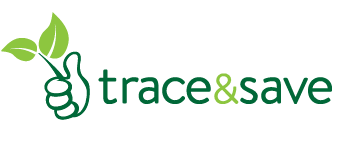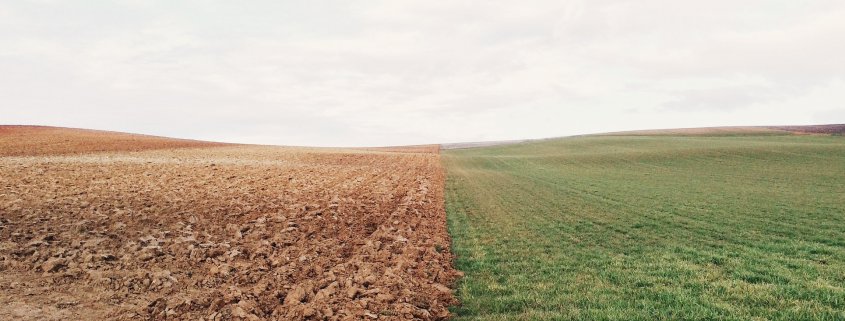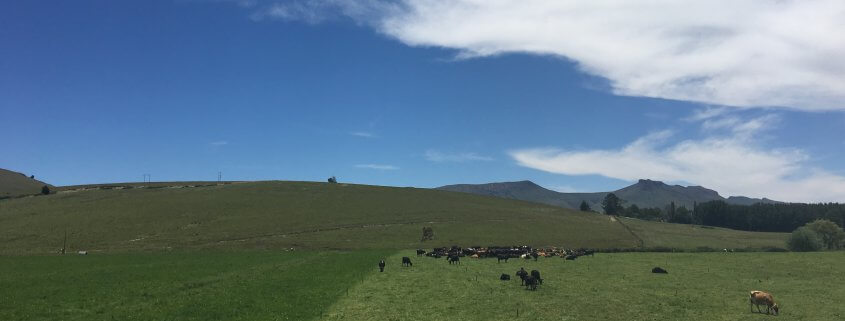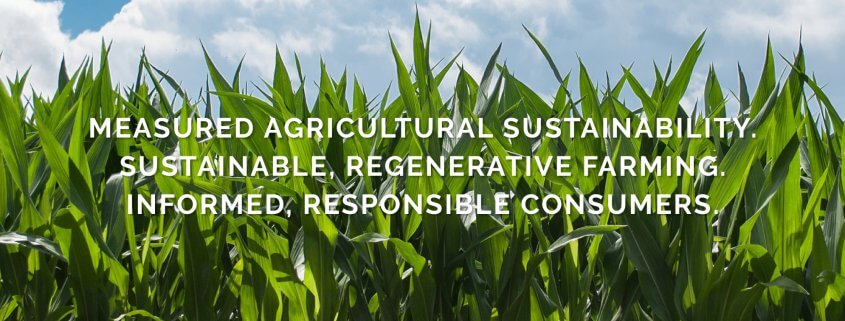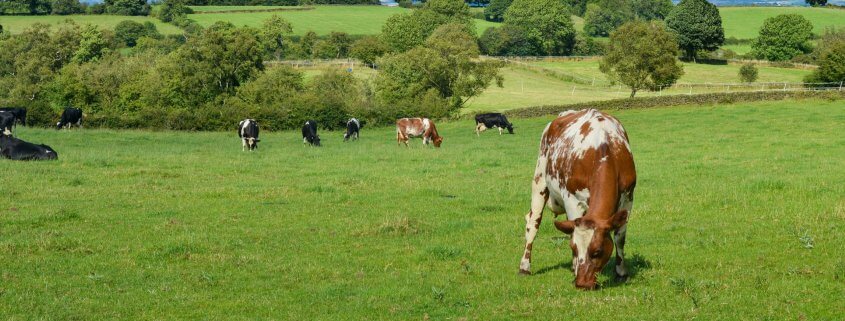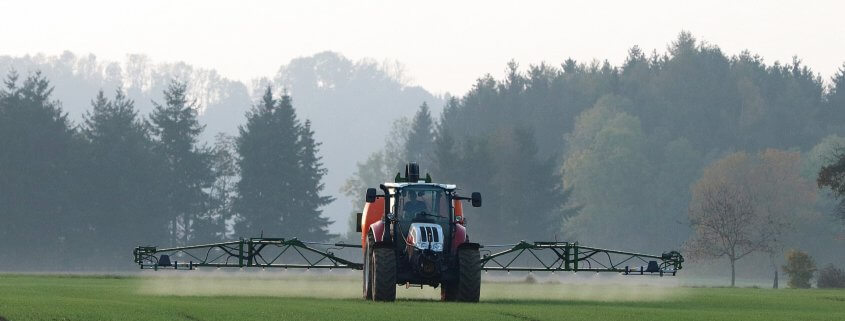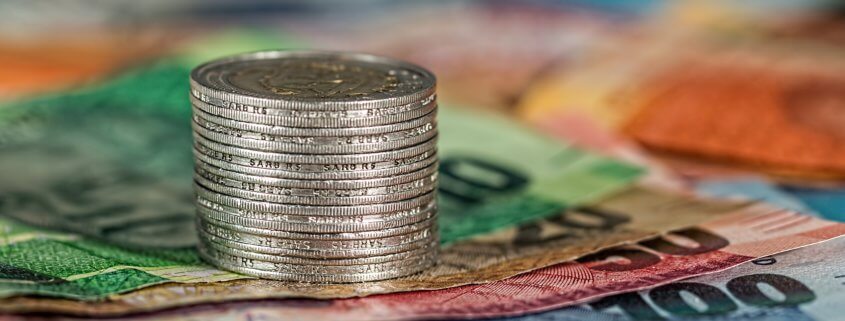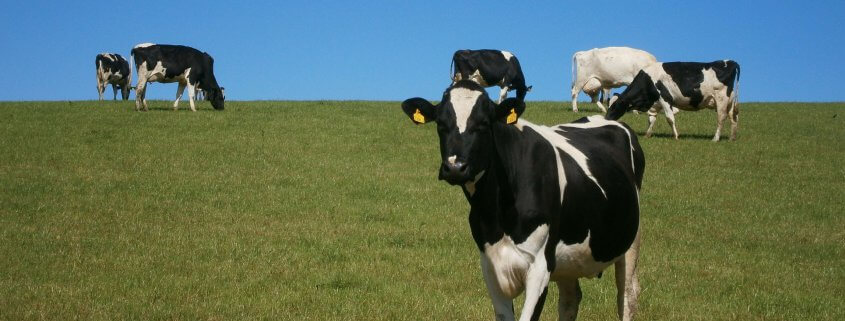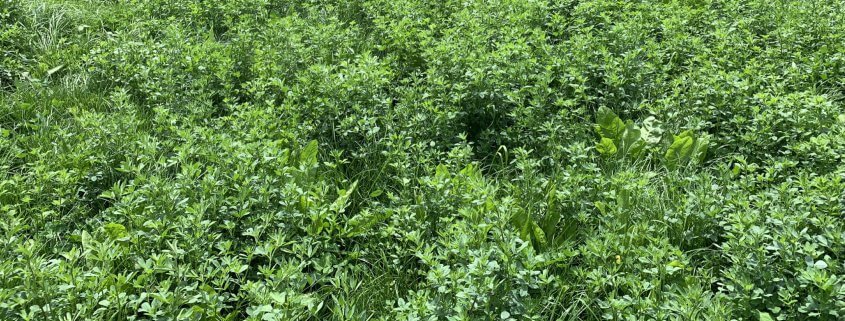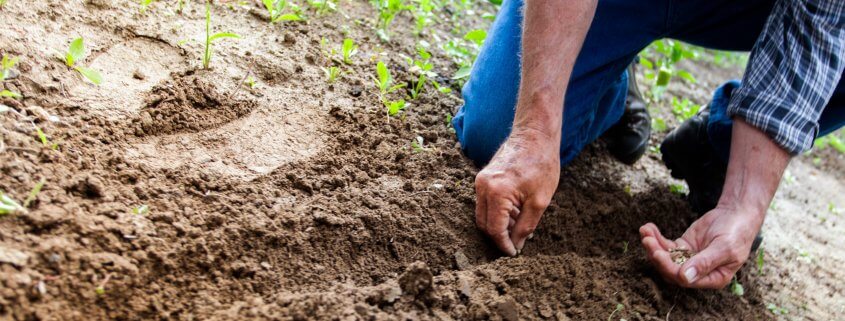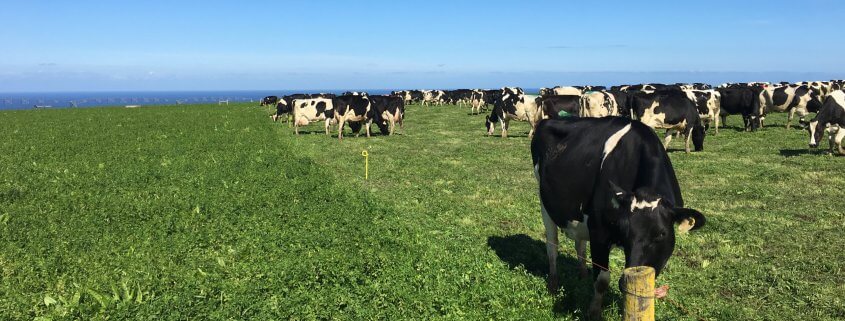The carbon balance on dairy farms
There are seven farms which have negative net carbon emissions for the duration of this study. That is amazing! It completely changes the narrative of the negative impact of dairy farming.
The impact of livestock on biodiversity
Livestock, farming, farmers, meat – they are all often just grouped into one category and linked to negative environmental impacts. This is very unfair.
What do the Trace & Save sustainability scores tell us?
We have been very encouraged to see improvements. Most farmers working with us have really shown a strong desire to improve the sustainability of their farms.
Case study: How to reduce your carbon footprint
Agriculture is often pointed at as the source of high greenhouse gas emissions. How can dairy farmers reduce their carbon footprint?
Wasted energy
We are borrowing non-renewable resources from past and future generations to support this one. That is the very opposite of sustainable agriculture.
Evidence of the economic advantages of working with Trace & Save
Farmers do not gain economic advantages because they make use of the Trace & Save tools. Farmers improve because they manage their farms better – the tools help them to do this.
Eight years of dairy farm carbon footprints
Climate change is a huge challenge facing society, and dairy farms are often pointed at as having a large carbon footprint.
Case study: Growing cheaper pastures
The take-away challenge is for farmers to assess whether their fertiliser costs are decreasing per pasture produced. Are you growing cheaper pastures?
Soil restoration principles
The goal is to restore agricultural soils to a healthy state – every farm is different, but the principles always apply.
Case study: Improving nitrogen fertiliser efficiency
I hope this case study encourages farmers who are in the process of adapting their management in order to achieve greater nitrogen fertiliser efficiency.
